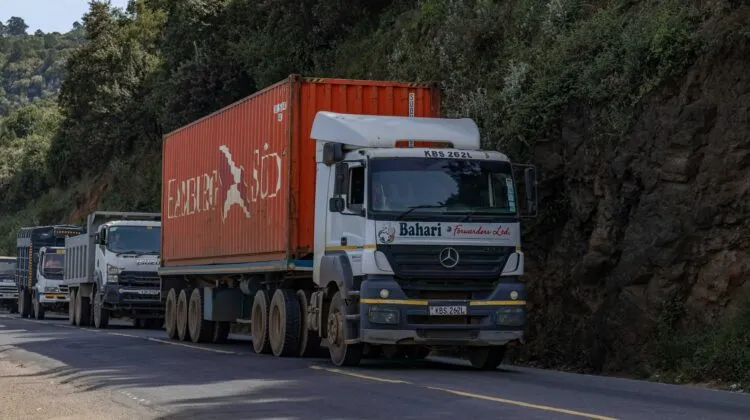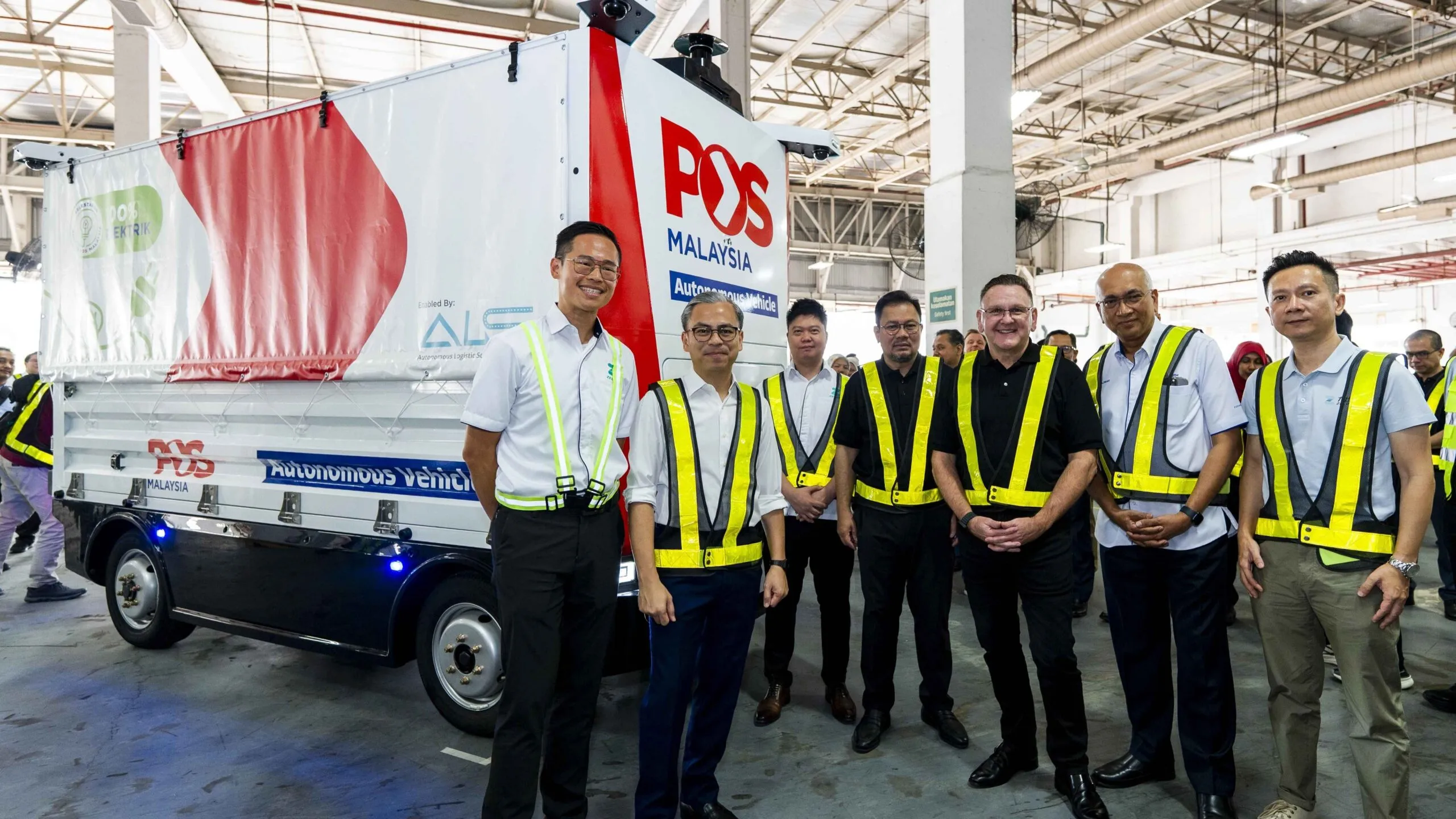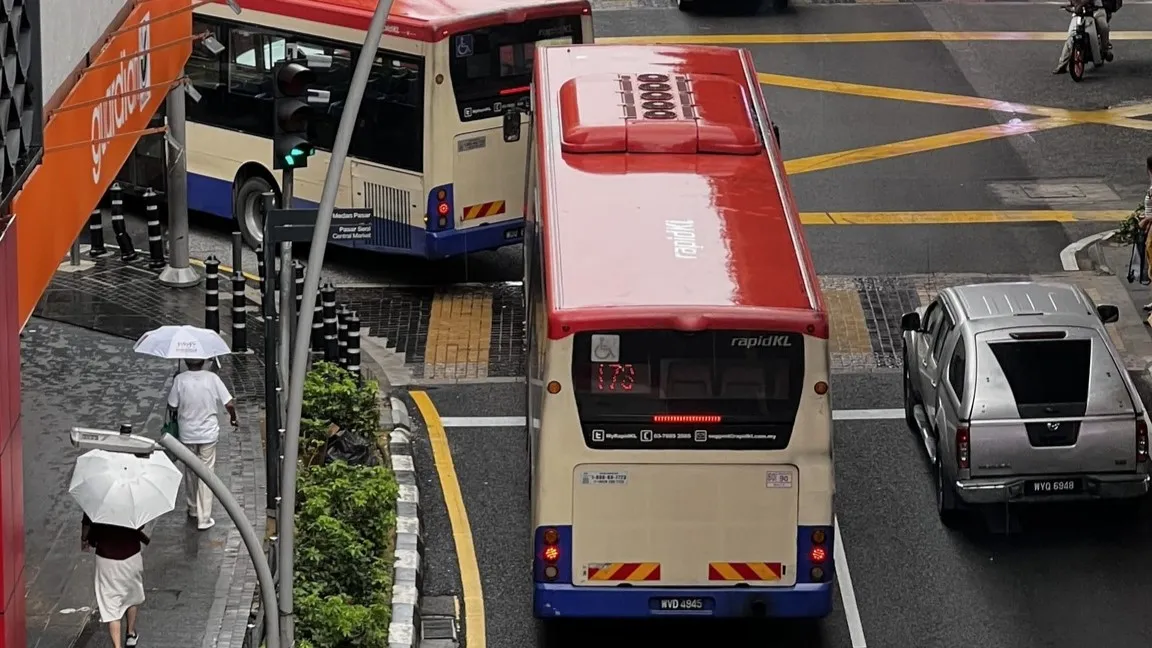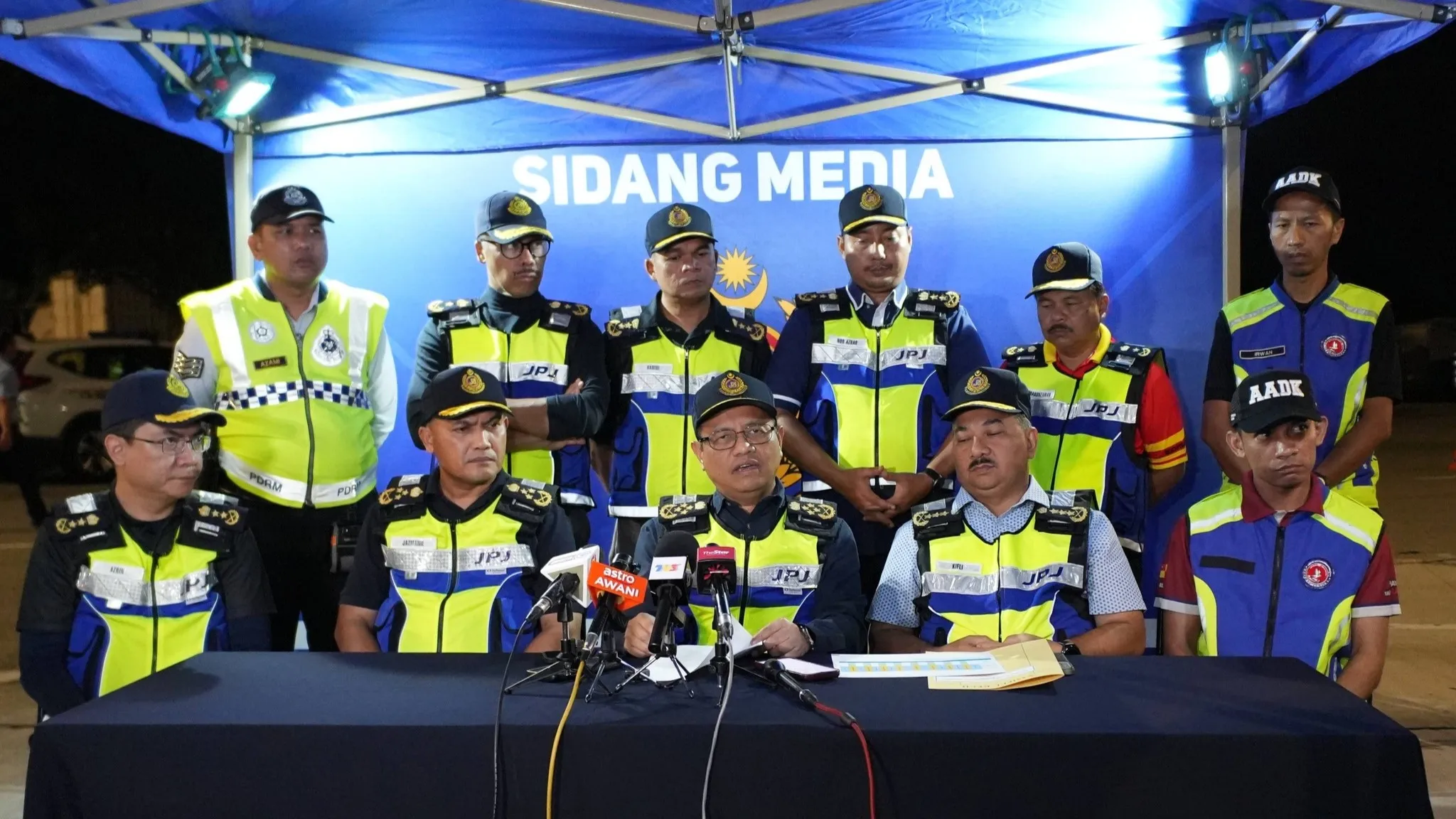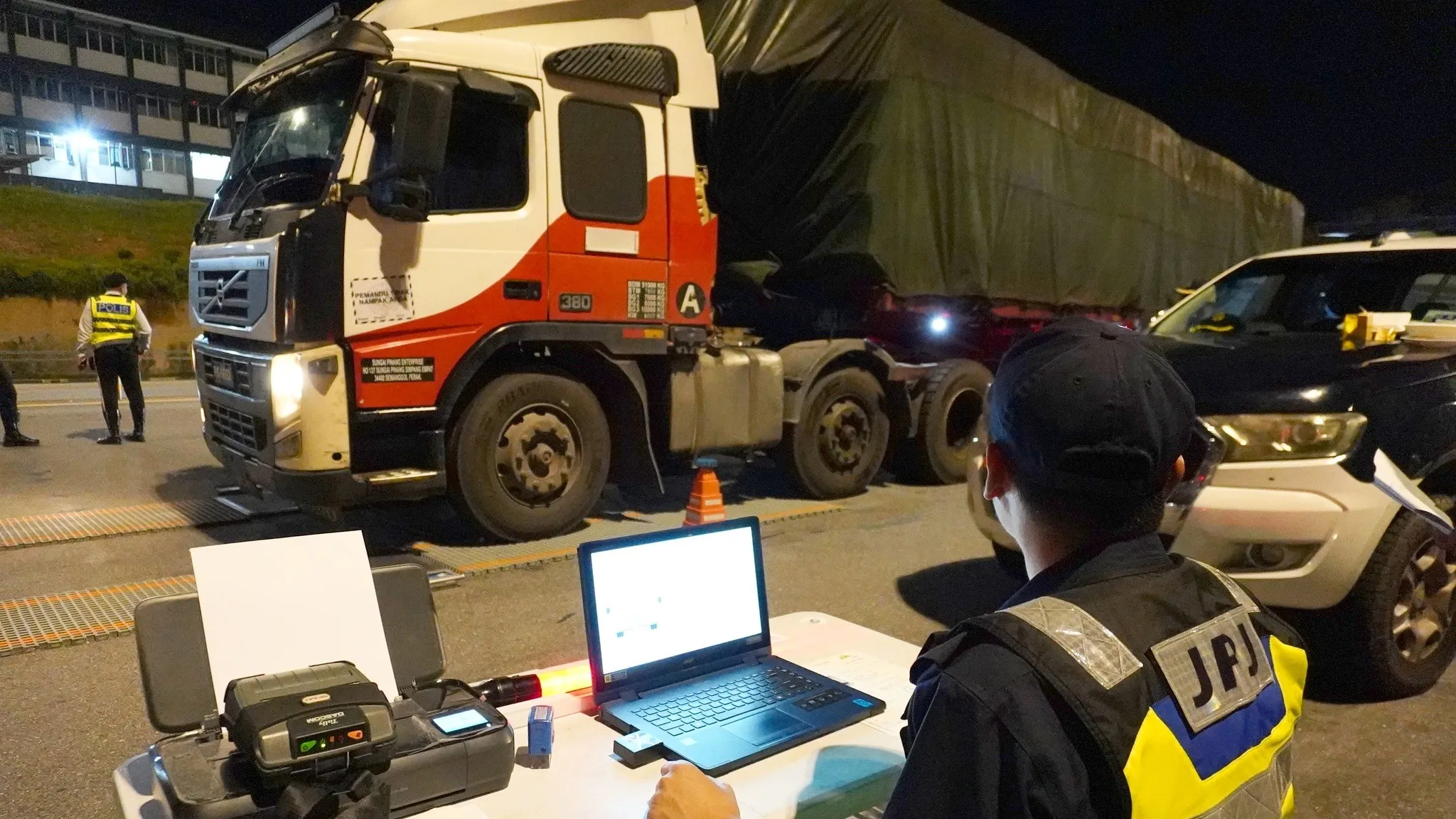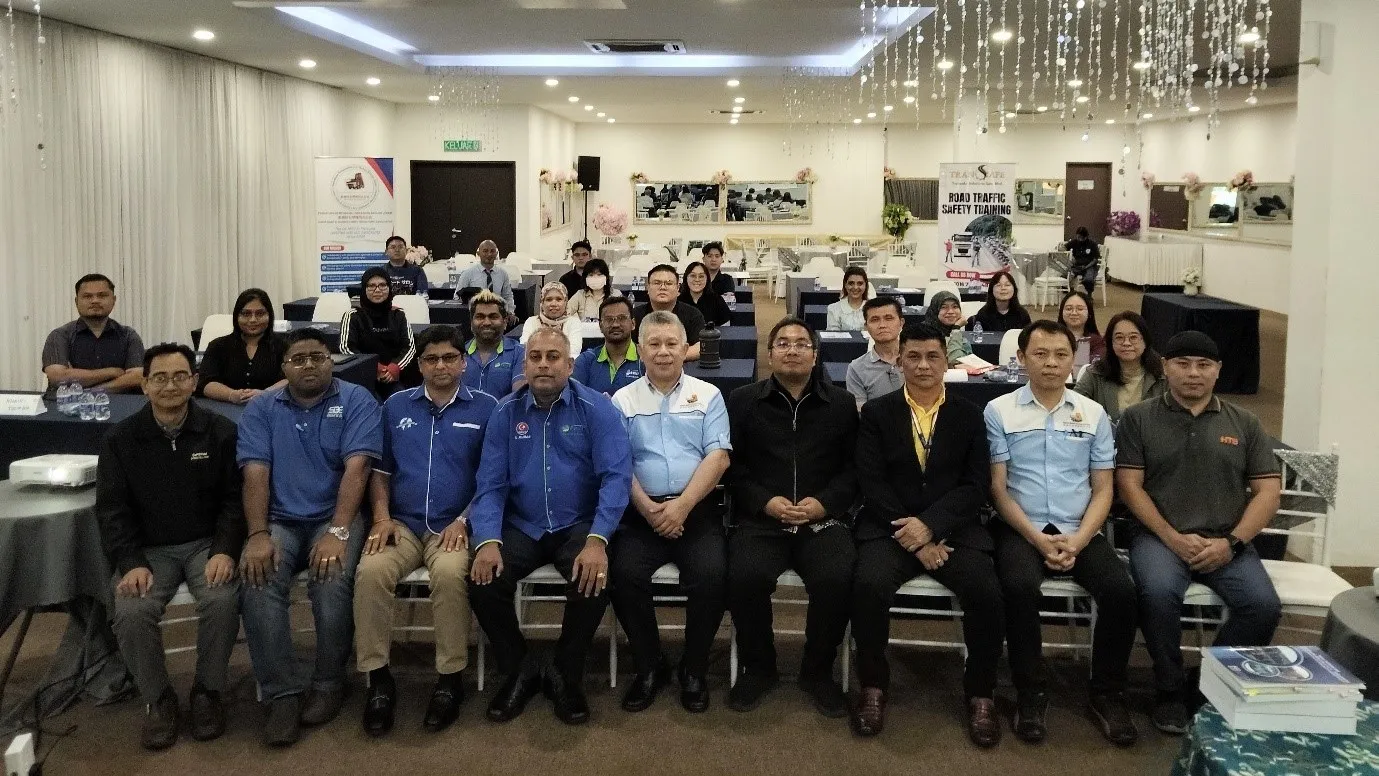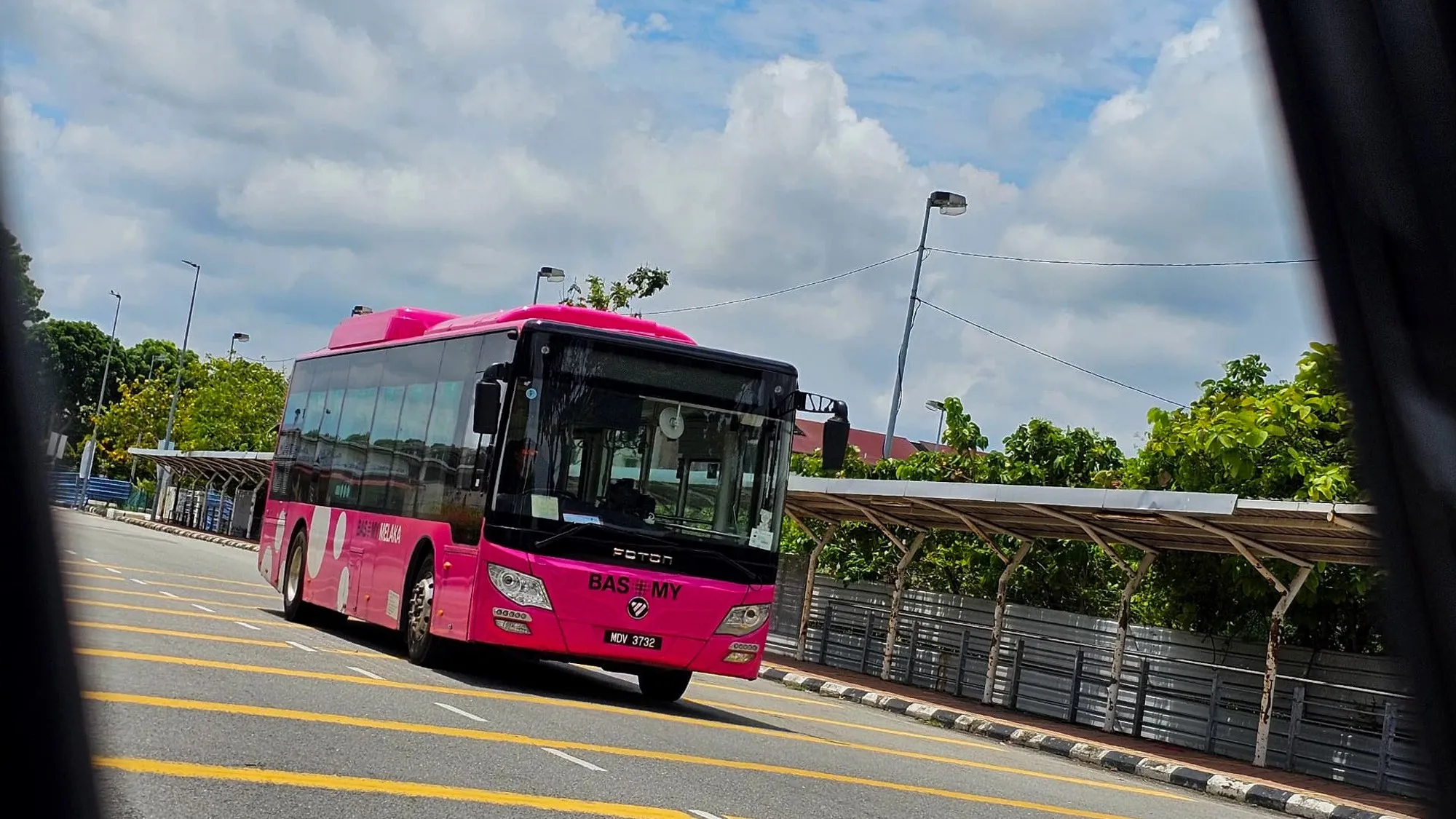After the UPSI bus crash, Malaysia will enforce speed limiters on commercial vehicles from Oct 1 to improve road safety.
Transport Minister Anthony Loke Urged All Industry Players to Cooperate
In response to the recent bus tragedy that claimed the lives of 15 University Pendidikan Sultan Idris (UPSI) students, the Malaysian Ministry of Transport has announced on June 13, 2025, the mandatory enforcement of speed limitation devices (SLDs) on commercial vehicles starting this October.
“This enforcement initiative is a key step to ensure commercial vehicles adhere to critical safety standards, ultimately reducing road accidents and safeguarding lives and property,” the Ministry wrote in its official statement.
Starting October 1, 2025, express and tour buses, as well as goods vehicles with a maximum permissible weight exceeding 3,500 kilograms that were registered from January 1, 2015 onward, must be fitted with a functioning speed limiter.
Operators are required to obtain a verification report from the vehicle manufacturer or any Road Transport Department (RTD)-recognised party, including certified workshops, technical services, or accreditation bodies endorsed by the Department of Standards Malaysia. This report must be renewed every two years and kept in vehicle at all times for inspection. Drivers will also be required to present the documents during inspections at Puspakom and when applying for or renewing permits with the Land Public Transport Agency (APAD).
The second phase, which begins January 1, 2026, targets heavy goods vehicles and passenger vehicles carrying more than eight people that were registered before January 1, 2015. If these vehicles are already equipped with speed limiter in their electronic control units (ECUs), activation will be mandatory. The same requirements for document verification and biennial renewal also appy. Rebuilt vehicles and imported used goods vehicles above the 3,500 kg threshold will also be subject to this rule.
The final phase, effective July 1, 2026, will require vehicles without factory-fitted speed limiter to undergo a retrofit installation of RTD-approved devices. Installation must be conducted and certified by qualified parties recognised by the RTD, including accredited workshops and certification bodies. Proof of installation and operation functionality will be required for enforcement purposes, and the two-year renewal cycle will apply here as well.
In addition to enforcement on the roads, the RTD will extend its conformity-of-production (COP) inspections at manufacturing plants to ensure all commercial vehicles with Vehicle Type Approval (VTA) certificates issued from 2015 onward are compliant with national standards. These inspections will confirm that speed limiters are factory-set to a maximum of 90 kilometres per hour, in line with the national speed limit for buses and heavy vehicles.
“This step is part of the government’s ongoing efforts to tighten road safety measures, prevent speeding, and protect the lives of Malaysians. I urge all industry players—manufacturers, logistics operators, and commercial vehicle owners—to give their full cooperation in building a safer, more modern, and competitive transportation system,” Transport Minister Anthony Loke wrote on his official Facebook page.

